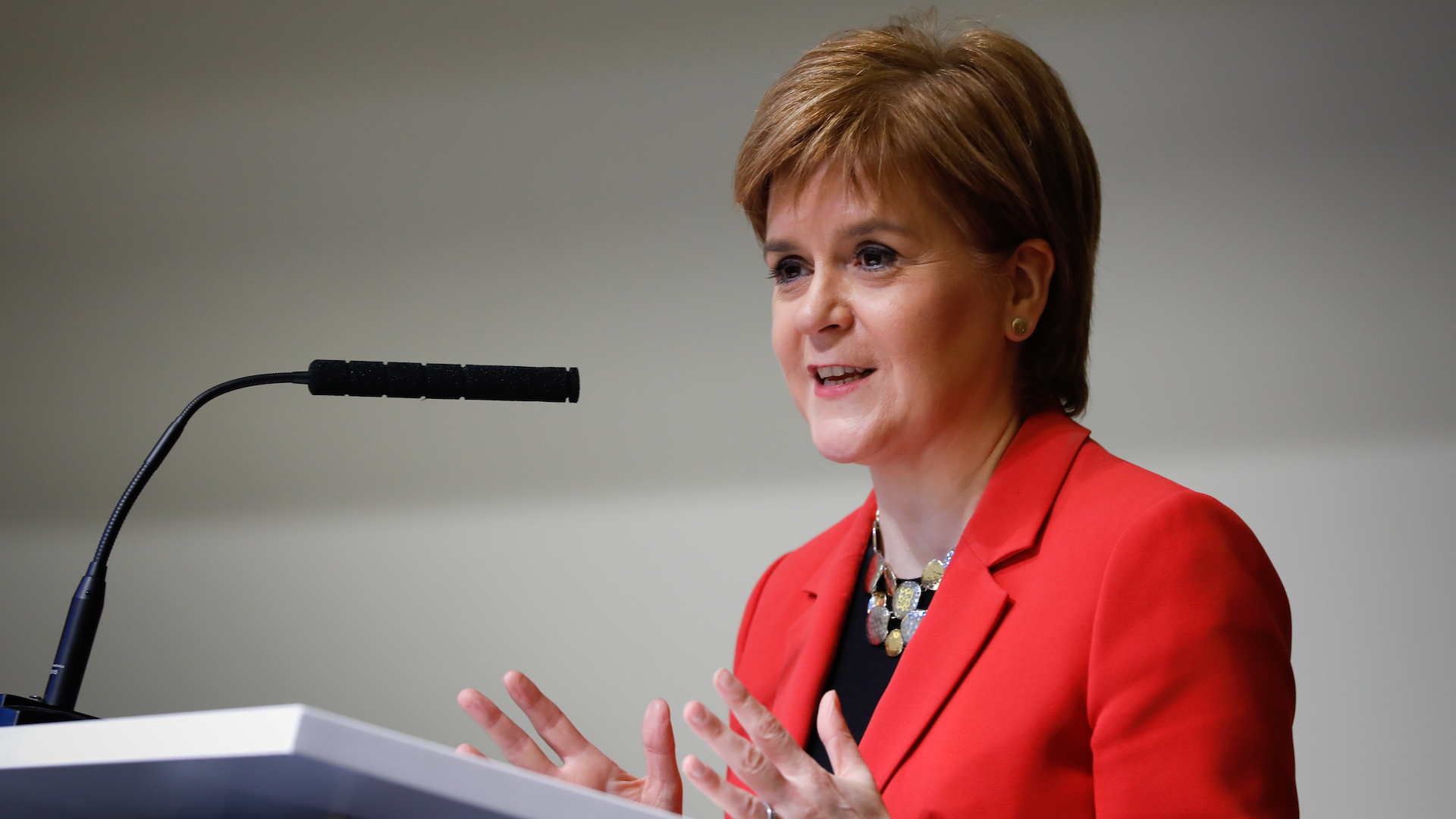After 14 years in power – and one earth-shatteringly unpleasant internal party split – the SNP are on course for a fourth consecutive election victory at Holyrood. The votes are still being tallied; an outright majority may have just slipped beyond the grasp of the nationalists.
Yet, next week, Nicola Sturgeon will still be first minister – and the question of independence will still lie at the heart of Scottish political debate. If, as looks likely, the SNP doesn’t reach that all-important 65-seat threshold in the Edinburgh parliament, Green MSPs will make up the numbers. Both parties favour another referendum on self-government once the worst of the COVID pandemic has passed, with 2023 mooted as one potential staging point.
Scotland at large is split, of course. Pretty much exactly down the middle, in fact. Support for independence sky-rocketed during the pandemic – voters felt Sturgeon’s handling of the crisis was sound – but has dropped back in recent weeks, to the Union’s advantage.
The main problem the SNP has is Boris Johnson. The prime minister has repeatedly ruled out a fresh independence vote, agreed in advance by the Scottish and UK governments. Conscious of the recent crisis in Spain over Catalonia’s stalled attempts to secede, Sturgeon is determined to ensure that any future independence poll lies beyond legal challenge in the Scottish and UK courts. That means a so-called ‘wildcat’ referendum, held without Westminster’s consent, isn’t going to happen, either.
The likely impact of all this, for Scotland and for Britain, will be a period of prolonged constitutional stasis. Edinburgh will argue that Scotland has a democratic right to determine its own constitutional future. London will say it already has – in September 2014, when Scots voted by a ten-point margin to remain part of the United Kingdom – and doesn’t need to go through the whole rancorous process again.
How things play out from here may depend on who most effectively marshals Scottish public opinion to their cause. As a rule, Scots don’t like being told what to do by English Conservative governments. Johnson’s strategy of obstructionism could amplify demands for the break-up of Britain. As could election results elsewhere in the UK. The prospect of endless Tory rule at Westminster, and a permanently weakened Labour Party, will heap strain on the Anglo-Scottish relationship.





